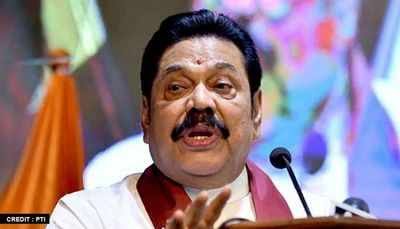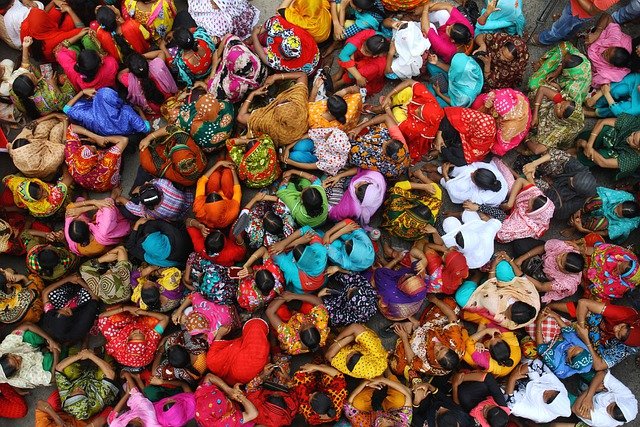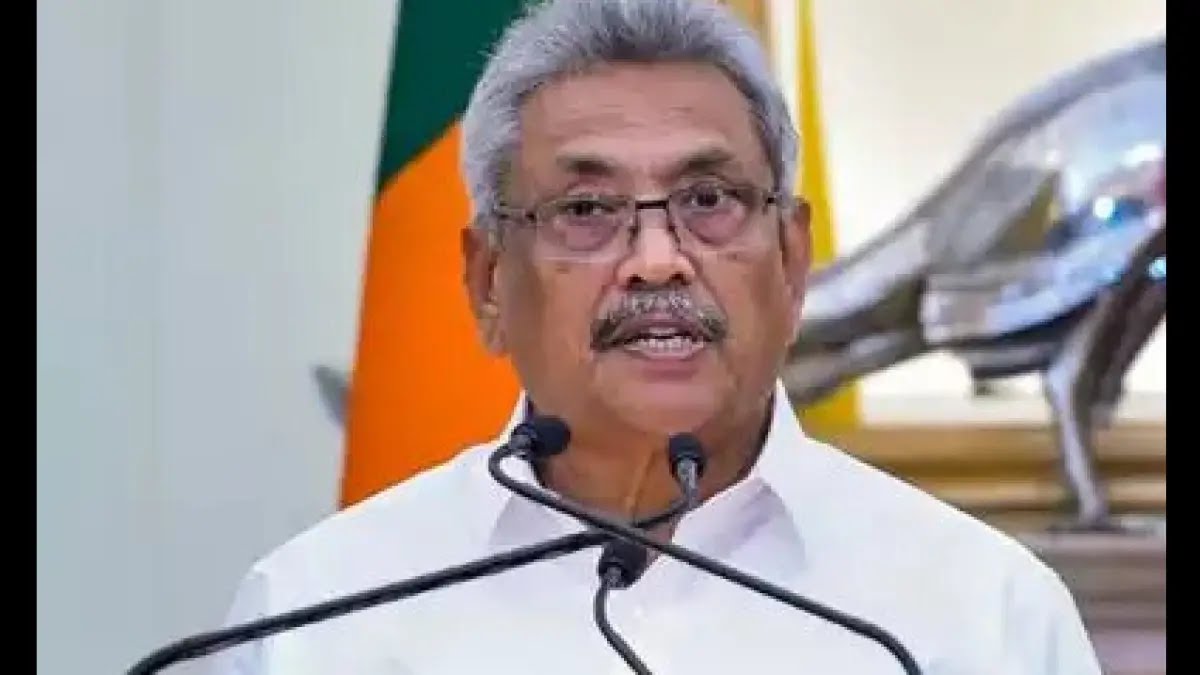Students and lawyers have thronged the Colombo office of the Prime Minister, urging the ruling family to step down. Thousands of other protestors in various parts of Sri Lanka are agitating against the Rajapaksa family for creating an economic crisis the nation has never seen since its independence from the British in 1948.

Meanwhile, Prime Minister Mahinda Rajapaksa’s party has lost its majority with the withdrawal of support from 40 plus lawmakers. Some opposition members want the present Sri Lankan government replaced by an interim government with the required numbers.
On Tuesday, Wimal Weerawansa, a former cabinet member, said, “The first condition to solve this problem is that this government has to leave. In its place, there should be an interim government.”
However, Wijayadasa Rajapakshe, a ruling party lawmaker, said, “We as members of the government and opposition have a responsibility…if not, there can be a bloodbath.” He also warned, “If that happens, you and all of us will be responsible.”
The President has offered to anoint a party with a simple majority, 113 of the total 225 seats in the Sri Lankan parliament, but has insisted he will not step down.
Earlier, President Gotabaya Rajapaksa invited the opposition parties to form a ‘unity government’ to tackle the economic crisis. However, the largest opposition party, the United People’s Force or Samagi Jana Balavegaya, The Tamil People Alliance, and the Sri Lanka Muslim Congress together have rejected the offer as ‘nonsensical.’
Opposition leader Sajith Premadasa said, “We want resignations (from including the President) and then a political model that works. A new Sri Lanka will begin with stronger institutions and not just a change in leadership. An interim government is nothing but internal party politics.”
In an apparent move to calm down the protestors, the President fired his brother Basil Rajapaksa from the finance portfolio and replaced him with Ali Sabry, who held the Ministry of Justice in the Sri Lankan government. Meanwhile, 26 cabinet ministers resigned en masse. Three other ministers were sworn in–G L Peiris as foreign minister, Dinesh Gunawardena as education minister, and Johnston Fernando as the highways minister.

Basil Rajapaksa was to visit the US to secure a bailout package from the International Monetary Fund (IMF), despite Central Bank Governor Ajith Nivard Cabraal’s rigid stance on seeking IMF’s structural adjustment facility.
However, with mounting pressure, Cabraal has announced his resignation. Rajapaksa seems to have offered the post to P Nandalal Weerasinghe, a former central bank official. The latest news is that the newly appointed finance minister of Sri Lanka, Ali Sabry, has stepped down.
Sri Lanka’s economic crisis
Sri Lanka has $51 billion in foreign debts while only $2.31 billion in reserves. To make things worse, $4 billion is due this year, of which the country must pay $1 billion in July.
The country faces an acute shortage of essentials, including food, fuel, electricity, and medicine, because it does not have sufficient foreign exchange to import goods. Meanwhile, the government has declared a health emergency owing to the dire need for vital drugs.

